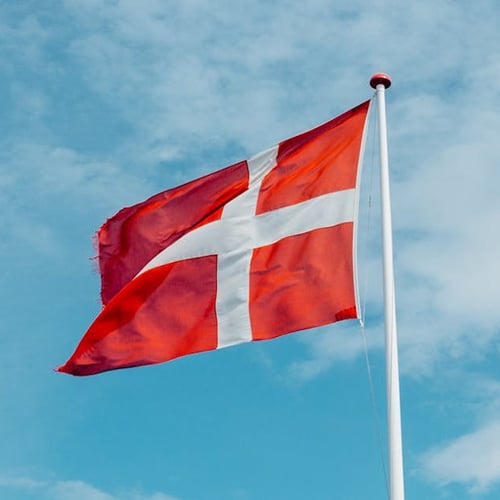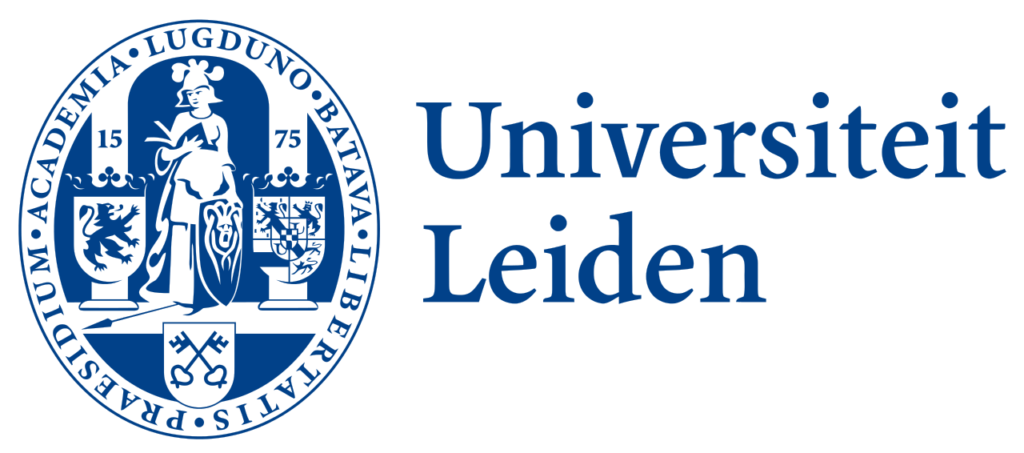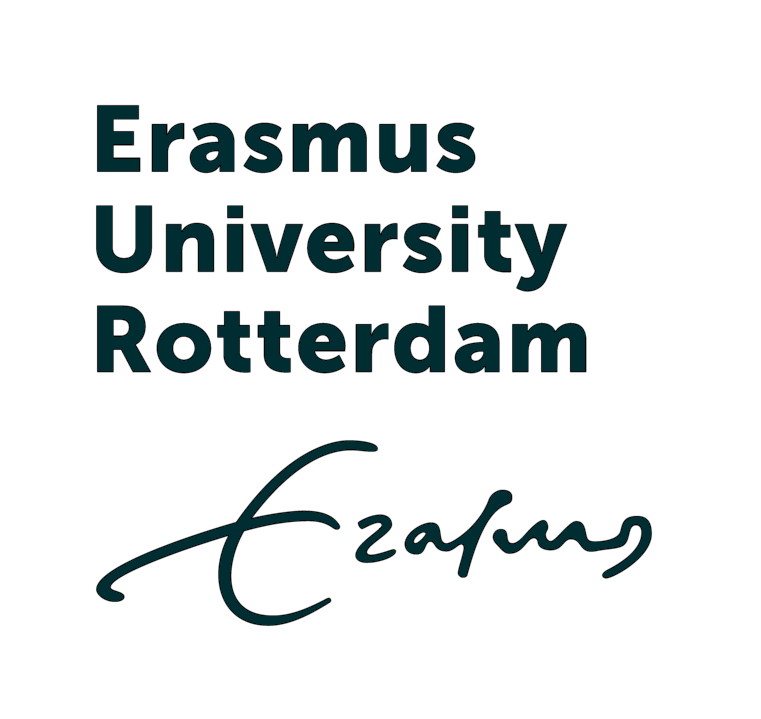Free Universities in Europe
An Overview of No-Tuition Education Options
Access to higher education is becoming increasingly imperative, and the cost of tuition can often be a significant barrier. Europe stands as a beacon for progress in this aspect, as several countries have laid the foundation for tuition-free university education. These institutions provide high-quality education without the burden of tuition fees, extending opportunities for students to study abroad without the financial stresses that often accompany higher education. With an emphasis on equality and investment in the future, these tuition-free universities highlight a commitment to accessible education for all.

The concept of tuition-free universities is particularly prevalent in numerous public universities across Europe. Countries like Germany and Norway lead the charge, not only offering no tuition fees for domestic students but often extending this benefit to international students as well. This opens the doors for a diverse student body to gain experience and knowledge from reputable European educational systems. The financial considerations are thus dramatically different from the traditional narrative of accumulating substantial debt for a degree, making the prospect of studying abroad in Europe more attainable.
Key Takeaways
- Several European countries offer free university education, highlighting a commitment to accessible education.
- Public universities in Europe provide tuition-free programs, often available to both domestic and international students.
- Attending a tuition-free university in Europe allows students to receive a high-quality education without the associated tuition costs.
Understanding Free Education in Europe
European higher education has a rich tradition of accessibility, shaped by historical precedents and evolving policy measures. Diverse rules apply to public and private institutions, with specific eligibility criteria concerning students’ nationality.
History of Free Education
Free education in Europe traces its roots to the establishment of state-funded universities seeking to promote higher learning without the impediment of tuition fees. Many European countries have long upheld the principle that education should be accessible to all, irrespective of socio-economic background.
Current Policies and Practices
The current educational landscape in Europe is broadly characterized by a blend of tuition-free and fee-based programs. Countries like Germany and Norway extend free university education to all students, including those from outside the European Economic Area (EEA). Others may charge nominal fees or have different policies for non-EU/EEA students.
Eligibility and Nationality Considerations
Eligibility for free education often hinges on a student’s nationality or residency status. Students from EU/EEA countries commonly benefit from free or lower tuition rates across the European Union, while those from outside the EU/EEA may face higher fees or stricter admission criteria.
Public vs. Private Universities
The distinction between public universities and private universities in Europe is particularly significant concerning tuition. While public institutions may offer tuition-free education, especially in Nordic countries, private institutions maintain the autonomy to set their own fee structures, which can vary significantly.
List of Countries with Free Universities
In Europe, a significant number of countries offer tuition-free university education, primarily to citizens and residents of the European Economic Area (EEA) and the European Union (EU). Some extend this benefit to international students, with varying administrative fees.
Northern European Nations
Norway stands out as a leading example where universities do not charge tuition fees, regardless of a student’s nationality. This policy reflects Norway’s commitment to accessible education. Sweden and Finland also extend tuition-free education to students from the EU/EEA and Switzerland, with students from outside these regions subject to tuition fees.
Western Europe Insights
In Germany, higher education is largely free for all students at public universities, with only nominal fees applied for administrative costs. Similarly, France offers relatively low-cost education compared to global standards, even though it is not entirely free for international students.
Eastern European Perspective
Countries like the Czech Republic and Poland offer free education to students studying in the countries’ official languages. In the Czech Republic, for example, those who wish to study in English may have to pay tuition depending on the program and level of study.
Central Europe Overview
Studying in Austria is free for EU/EEA students, with a modest fee for students from other countries. However, Hungary and Slovenia have policies that can enable international students to study without tuition fees, although certain conditions apply, mainly concerning language proficiency and regional agreements.
FREE INSIDER’S GUIDE

Top 5 English-Taught Colleges in Europe
Kickstart you education abroad with a powerful degree taught entirely in English, all without taking on any student loans!
Financial Considerations for Students

When planning to study in Europe, students must distinctly understand the various financial aspects involved, such as tuition fees and living expenses, along with potential scholarships and work opportunities that could ease their financial burden.
Understanding Tuition Fees
Tuition fees in Europe vary widely between countries and institutions. In some nations, such as Norway and Germany, students can access tuition-free education regardless of their nationality. However, there is often a nominal semester fee, which covers administrative costs and sometimes includes public transportation tickets and student union memberships. It’s essential to check each country’s specific policies, as some, like Finland, may levy varying rates for non-European students.
Living and Accommodation Costs
The cost of living in student cities across Europe can fluctuate notably. Scandinavia and Northern Europe are known for higher living expenses, while other regions may offer more affordable student accommodation options. Generally, living costs cover housing, food, transportation, and personal expenses. Students should budget carefully and consider if their chosen city aligns with their financial means.
Scholarship Opportunities
Scholarships are a valuable resource for managing the costs of higher education. Numerous European universities, organizations, and governments offer scholarships to help reduce or cover tuition fees and living expenses. Eligibility criteria for these financial aids vary, so students should research thoroughly to identify opportunities that match their academic profile and study area.
Work and Study Options
Many European countries permit students to work part-time while studying. This can help mitigate both tuition and living costs. It’s critical to check visa stipulations and local regulations, as there may be limits on the number of hours international students are allowed to work. Balancing work with study demands careful time management, but it can provide valuable income and work experience.
Universities and Programs of Note

In Europe, a range of universities stand out for offering tuition-free education and are recognized for their specialized programs, research excellence, and innovation. They provide opportunities in numerous fields including engineering, computer science, and social sciences.
Leading Free Universities in Europe
University of Oslo
- Noteworthy for its comprehensive range of disciplines.
- No tuition fees for international students.
Norwegian University of Science and Technology (NTNU)
- Renowned for cutting-edge engineering programs.
- Free tuition structure, attracting a global student body.
University of Vienna
- Free for EU/EEA students, with nominal charges for others.
- Strong emphasis on social sciences.
Technical University of Munich
- Known for excellence in computer science and engineering.
- Minimal fees for non-EU students, free for EU nationals.
University of Copenhagen
- One of the oldest universities with exceptional research output.
- No tuition for EU students; programs in English available.
University of Helsinki
- World-class research institution with a broad curriculum.
- Free for EU/EEA students.
University of Bergen
- Offers a wide spectrum of programs; notable for marine research.
- Tuition-free for all students, regardless of nationality.
University of Iceland
- Central in Nordic academic collaboration with high-quality courses.
- Does not charge tuition fees.
Specialized Programs and Fields
- Engineering: NTNU and Technical University of Munich are leaders in the engineering field, offering state-of-the-art resources and teaching.
- Computer Science: With groundbreaking research and innovative teaching methods, Technical University of Munich sets the bar for computer science.
- Social Sciences: University of Vienna and University of Copenhagen are celebrated for their extensive social sciences faculties, providing a rich academic environment.
Research and Innovation Centers
- Many European universities integrate advanced research facilities directly into their academic offerings.
- Institutions like the University of Helsinki and the University of Copenhagen are at the forefront, contributing significantly to international research and development.
- These centers often collaborate with global industries and other universities, further enhancing the quality and impact of research produced.
Cultural and Social Integration

For international students studying in Europe, integrating into a new culture goes beyond classroom walls. It involves understanding local customs, mastering the language, and building a social network that can enhance both their academic journey and personal growth.
Adapting to Local Cultures
Students quickly find that cultural immersion is an integral part of the study abroad experience. Adapting to local cultures means respecting traditional norms and often involves adjusting to different food preferences, daily routines, and social etiquettes. In the Nordic countries, for instance, there is an emphasis on egalitarianism and environmental consciousness that might differ markedly from a student’s home country.
Language and Communication
Effective communication is pivotal for international students, both within the academic setting and in daily life. While many Europeans speak English, learning the local language can significantly ease the integration process, from navigating living expenses to forming meaningful connections. For instance, although universities in Germany offer programs in English, knowing German can profoundly impact everyday interactions and the sense of community.
Discover all the English-taught European college programs in one place.
Beyond the States provides easy access to 11,600+ European bachelor’s and master’s programs across 870 universities, 550 cities, and 212 areas of study, plus all the resources you need to get there. No sponsorships. No bias.
3400+
English-taught bachelor’s programs in our database.
550
Beautiful European cities to choose from.
$360,170
Typical savings against a private university in the US.
8200+
English-taught master’s programs in our database.
870
Top-tier universities accepting international students.
$65,038
Typical savings against in-state tuition in the US.
Social Activities and Networks
Active participation in social activities and networks helps mitigate the challenges of being an international student in a new country. Joining clubs, attending local events, and networking can bridge cultural gaps and enhance language skills. Europe’s rich tapestry of cultures offers a unique backdrop for festivals, historical tours, and social gatherings, which serve as excellent opportunities for students to bond with peers and locals alike.
Frequently Asked Questions
Navigating the landscape of tuition-free universities in Europe is complex, and many international students have pertinent questions about how to access such education opportunities.
What are the requirements for international students to attend tuition-free universities in Europe?
Each European country has specific requirements for international students. Typically, these include a valid passport, proof of secondary education, language proficiency, and sometimes entrance exams or interviews. Admission procedures can vary greatly, so it’s crucial to check with the specific institution.
How can American students access higher education for free in European countries?
American students may access tuition-free universities in Europe by meeting the eligibility criteria of the respective country and institution. This often involves demonstrating language proficiency and fulfilling visa requirements. Some countries might require proof of financial independence during their stay.
Which European countries offer English-taught programs at their tuition-free universities?
Countries such as Germany, Norway, and Finland offer various English-taught programs at their tuition-free universities. These programs are particularly attractive to international students who are not proficient in the native language of the country.
Are there any conditions or fees international students should be aware of at tuition-free European universities?
While tuition may be free, students should be aware of other potential fees such as semester contributions, registration fees, and costs related to living expenses. Some universities also charge application fees. Always review the university’s website for a detailed breakdown of any additional costs.
What challenges might students face while attending free colleges in Europe?
Students may face challenges such as cultural shock, language barriers, and adjusting to different education systems. Ensuring accommodation, securing health insurance, and managing living expenses are also important considerations for students studying abroad.
Which is considered the most affordable country in Europe for international students to study?
Norway is often regarded as one of the most affordable countries for international students to study, as public universities do not charge tuition fees irrespective of the student’s nationality. However, the cost of living can be higher compared to other countries.

















